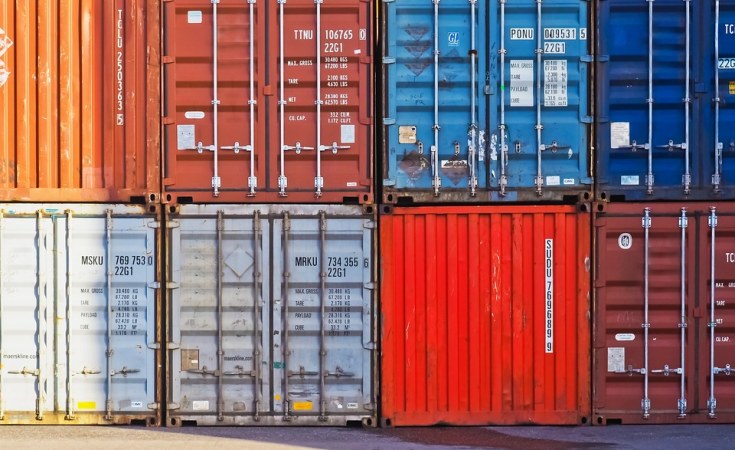Kenya initiated a series of measures to revitalize its cargo business at its ports, challenged by competition from the port of Dar es Salaam, reports The East African.
Cargo owned by governments in the region will be handled by the Government Clearing Agency (GCA) while other policies include reduction of port fees and an extension of the storage duration for transit cargo.
Kenya is reportedly scrapping destination charges, offering importers from the landlocked East African Community partners who use the Port of Mombasa potential savings of up to U.S.$1,200 per 40-feet container.
According to Salim Mvurya, the Cabinet Secretary for Mining, Blue Economy and Maritime, the move is meant to revitalise the institutions, which have capacity to contribute to Kenya's economy, and to ensure safety and confidentiality in clearing of sensitive government cargo.
As a result, private clearing agencies will lose profitable contracts, and more than 20 million metric tonnes of cargo will be affected.
52% of cargo cleared at different border points belongs to government ministries, departments and agencies, indicates data from the Kenya National Bureau of Statistics.
Protests
Over the years, the GCA was apparently proven ineffective, leading the government to rely on private agents for clearing goods. However, the Kenya International Freight and Warehousing Association (Kifwa) is currently protesting against the decision to centralize government-owned cargo, which began three months ago. They argue that the government should support business, not directly engage in it.
Roy Mwanthi, Chairman of Kifwa, said that in 2022, 51 percent of the 33.9 million metric tonnes of cargo handled at the Port of Mombasa belonged to the government. The consolidation of government cargo will have significant implications, especially for delivering project materials to remote areas, as the government lacks the capacity to efficiently handle such large cargo volumes. This decision comes as a setback for Kifwa, which was preparing to introduce new cargo handling rates and minimum service fees, set to take effect from December 1, as a measure to mitigate against inflation.
In response to intense competition from the Dar es Salaam port, Kenya re-evaluated its trade agreements with South Sudan and the Democratic Republic of Congo. As a result, the storage period for transit cargo bound for Juba and Kinshasa nearly doubled.
New recommendations
A report released on October 24, 2023, reveals that cargo destined for Juba and Kinshasa will now benefit from an extended free storage period of 45 days, up from the previous 20-25 days. For cargo headed to Uganda, the storage period was increased by two days, providing a 30-day free storage window. Goods intended for Burundi and Rwanda will now have a 35-day free storage period, up from the previous 30 days.
The move comes in response to the negative impact of charges imposed by shipping lines at the Mombasa port without approval from the Kenya Maritime Authority. These charges were driving away users and causing a decline in cargo throughput.
In 2022, despite a marginal increase in container traffic, the cargo handled at the port decreased by 1,9 percent. Major shipping lines introduced various fees such as equipment management fees, ex-border charges, late documentation per bill of lading fee, container cleaning fees, and import documentation fees, which were revoked by the Tanzania Shipping Agencies Corporation operating the Dar port.
Geoffrey Kainuko, the Principal Secretary of the State Department of Shipping and Maritime Affairs, believes that these adjustments will help in retaining and attracting clients.- Edited by Juanita Williams


